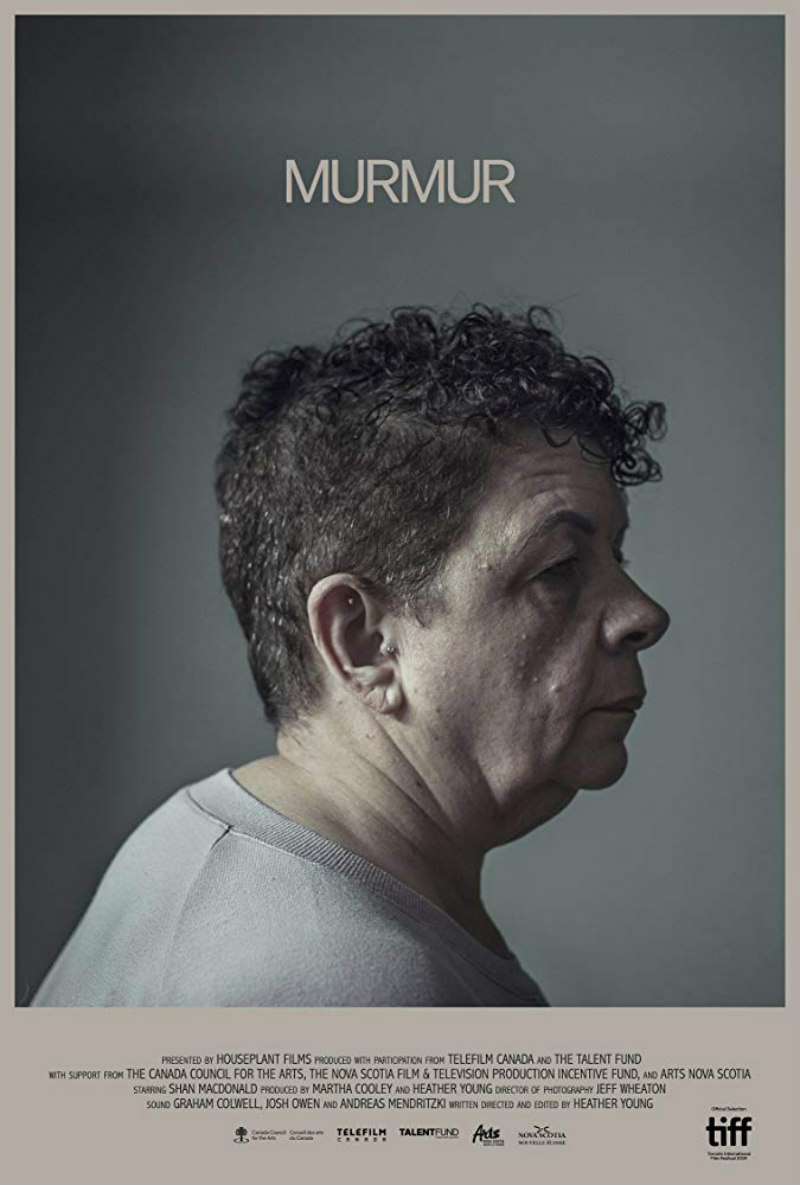
Review by Benjamin Poole
Directed by: Heather Young
Starring: Shan MacDonald, Andria Edwards

I always remember reading a review of Amy Hempel’s short story collection 'The Dog of the Marriage' when I was a kid. The ace Ms Hempel is an author who likes to write about animals (especially dogs, lovely dogs), using them to examine the relationship we have both with animals and our very selves. This particular review stuck with me because of the weird last line, which excoriates Hempel for her canine subject matter. It went like this (I just googled ‘Guardian’, ‘Amy Hempel’, ‘Dogs’- et voila): "We take puppies from their mothers and call the scar tissue which forms over that wound their love for us. It doesn't seem fair to expect them to provide the meaning of our lives or to overpraise the loyalty to which they are condemned." This statement struck me for two reasons: firstly, the complete lack of chill from the reviewer (who seemed to me to misunderstand the point of fiction), but also because it sort of hurt to read. There was an uncomfortable truth there. As a lifelong animal lover, it set me to wondering. Why do we keep pets? Is it even fair? Is having a cat or a dog actually, in fact, completely selfish?


In honesty, such youthful soul searching couldn’t have affected me all that much because today I have a house full of animals and it is ace. Nonetheless, the line echoed as I watched Heather Young’s outstanding Murmur, which, with unflinching focus, essays the downward spiral of an aging, isolated alcoholic (Donna, played by a devastating Shan McDonald). After quitting the booze, Donna commences community service in the local veterinarian's, wherein she falls into another addiction: chain-homing the sick and unwanted animals she comes across in her work.
[ READ MORE: Slamdance Film Festival 2020 Review - Tapeworm ]
On the face of it, Murmur sounds delightful, doesn’t it? Old soak finds meaning and worth from the love and dotage of a few dogs and cats. It could be like a more social-realist version of something like, I dunno, We Bought a Zoo. Thing is though, with animals, as with the glossy aspirational love of the Rom-Com, the reality is much different and messier than the dream. As those stupid, irresponsible pricks who abandon their kittens or dogs when they chew a chair leg or foul the kitchen suddenly realise, animals are hard work. Young’s brutal study of loneliness is under no illusions of the commitments caring for animals properly involves (at one point, via an in media res transition, we cut to a bitch giving birth: an actual dog slinging actual puppies. Yikes doesn’t cover it), but Murmur also, crucially, essays the reciprocal love which the transaction of pet owning entails.


The character of Donna is utterly riveting. A commonplace archetype in real life but a rarity in cinema, Donna is overweight and at that stage when things are too far gone to begin to do anything about it. We open with an aloof shot of her with her back to the camera in a dirty checked shirt, doing the washing up before drinking the last of her wine (you know, that sad little few drops which you leave the night before because you want to be able to say that you didn’t drink a whole bottle, but when you pour it the next day you can barely muster a fingerful of claret and the layers of disappointment makes you feel like a bit of a sot). She tries to move on to the hard stuff but can’t open her bourbon, so she only goes and grabs a hammer to smash the neck off, filtering the booze through a kitchen cloth into a saucepan. Sad times. Like the animals she hoards, Donna herself has been abandoned. There are allusions to her estranged daughter and drunken misadventure, but her story is otherwise terrifyingly non-specific: how close are any of us to the sort of grim existence detailed in Murmur’s opening sequence? No one sets out to live like this, after all.
[ READ MORE: New Release Review - Parasite ]
We are not designed to be alone. Left to our own devices, the potential to go off the rails, to disappear a bit, becomes all the more viable. Young blocks Donna to emphasise her seclusion, and so during conversations within the narrative we focus on Donna, while the voice of whomever she is talking to mainly comes from beyond the frame. The exception is, of course, the animals that Donna dotes on: various cats, a gerbil, a fish, dogs (especially a gorgeous Shih Tzu called Charlie, who sticks his tongue out and looks a bit confused, the furry little idiot). All of these creatures ill and damaged in various ways…


And this is the rub. Donna cannot care for the animals. A sick animal is an expensive animal, as anyone who has paid a vet’s bill would know. The limited practicalities of Donna’s hospitality become clear when her apartment is overrun (this is the second Canadian film in a row with actual faeces on camera - what is going on up there?), and her psychosis accelerates in deeply upsetting ways when poor old Charlie inevitably pops off. Young’s film is pitiless in its portrayal, yet infinitely generous in its empathy. At times, this intimate character study is acutely sad; the sort of sadness that thickens your blood and makes it difficult to breathe because it is so honest and real. A masterpiece of poignancy which troubled me a great deal.

A UK/ROI release has yet to be announced.
PARASITE is one of our 10 movies you must see in February.— 𝕋𝕙𝕖𝕄𝕠𝕧𝕚𝕖𝕎𝕒𝕗𝕗𝕝𝕖𝕣.𝕔𝕠𝕞 🎬 (@themoviewaffler) February 2, 2020
See the full list...https://t.co/SrPbeCNso7 pic.twitter.com/fSeFhlQVmR

